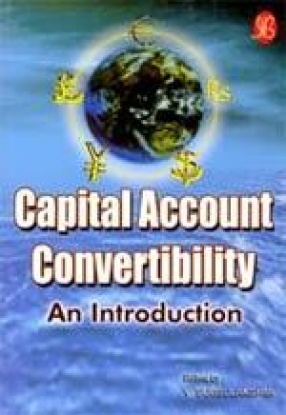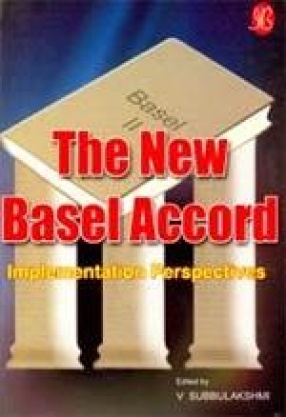Capital Account Convertibility: An Introduction
Synopsis
Convertibility of a currency implies that a currency can be transferred into another currency without any limitations or any control. A Currency is said to be fully convertible, it is can be converted into some other currency at the market price of that currency. The need for the currency conversions arises mainly from foreign exchange transactions. But these foreign exchange transactions are subject to some regulatory restrictions. If currency has to be convertible, it shall not be subjected to these restrictions. Current account convertibility refers to currency convertibility required in the case of transactions relating to exchange of goods and services, money transfers and all those transactions that are classified in the current account. On the other hand, capital account convertibility refers to convertibility required in the transactions of capital flows that are classified under the capital account of the balance of payments. There are several pros and cons associated with the capital account convertibility. It has several economic implications. There is skepticism that rapid and unplanned liberalization of the capital account can become more harmful than beneficial to the economy given the lack of some macroeconomic fundamentals like huge fiscal deficit, rising inflation, etc. This skeptical view needs to be given serious consideration given the mixed experience in the East Asian countries. The liberalization of the capital transactions can result in capital inflow into the country but this opening also gives way for flight of capital from the country. This book briefs about the issues involved in liberalizing capital account and its economic implications.
Read more
12.60
11.34
$
14.00 $
Free delivery Wolrdwidе in 10-18 days
Ships in 2-4 days from New Delhi
Membership for 1 Year $35.00
Get it now and save 10%
Get it now and save 10%
BECOME A MEMBER
Books by the same author











Bibliographic information